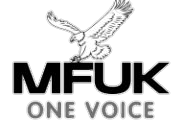
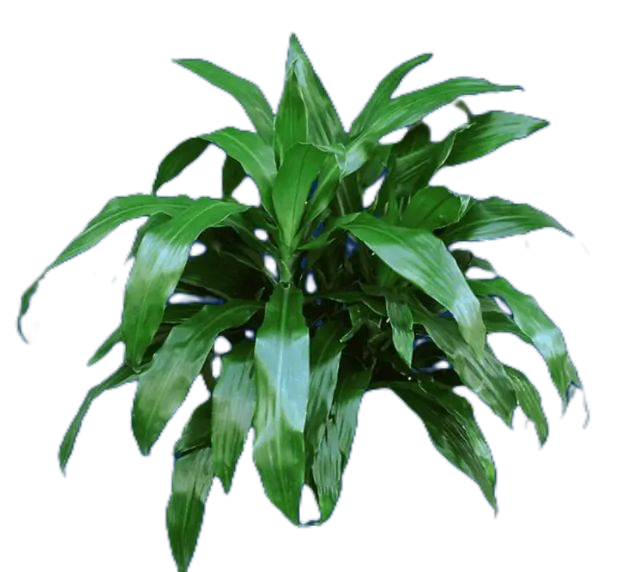
The Menoua Division, located in the West Region of Cameroon, is a vibrant cultural enclave predominantly inhabited by the Bamileke people, specifically the Yemba-speaking subgroup. The Menoua culture is deeply rooted in ancestral traditions, spiritual beliefs, and communal values that have been preserved and passed down through generations.
At the heart of Menoua tradition lies the chiefdom system, a hierarchical and sacred institution led by the Fon (traditional ruler). The Fon is not merely a political figure but a spiritual custodian, cultural symbol, and mediator between the living and the ancestors.
Menoua spirituality is anchored in the belief that the ancestors (Nkem) continue to influence the lives of the living. Rituals, libations, and ceremonies are regularly performed to honor them.
Christianity and Islam coexist with traditional beliefs, often blending in syncretic practices that reflect the region’s spiritual complexity.
The Ngouon Festival, held biennially in Dschang, is the most prominent cultural event in Menoua. It is a grand celebration of identity, unity, and heritage.
Menoua culture is expressed through a variety of artistic forms:
Traditional attire in Menoua is both symbolic and celebratory:
Menoua society is built on principles of solidarity, respect for elders, and collective responsibility.
While Menoua traditions remain strong, they face challenges from modernization, migration, and globalization. However, efforts are underway to preserve and promote cultural heritage:
The culture of the Menoua people is a living tapestry woven from ancestral wisdom, spiritual depth, and communal resilience. Their traditions are not relics of the past but dynamic expressions of identity, guiding the present and inspiring the future. In Menoua, tradition is not just remembered—it is lived.
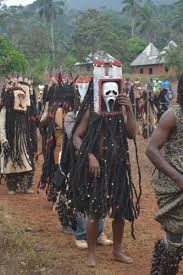
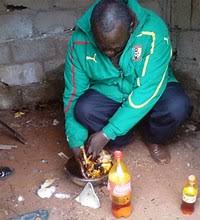
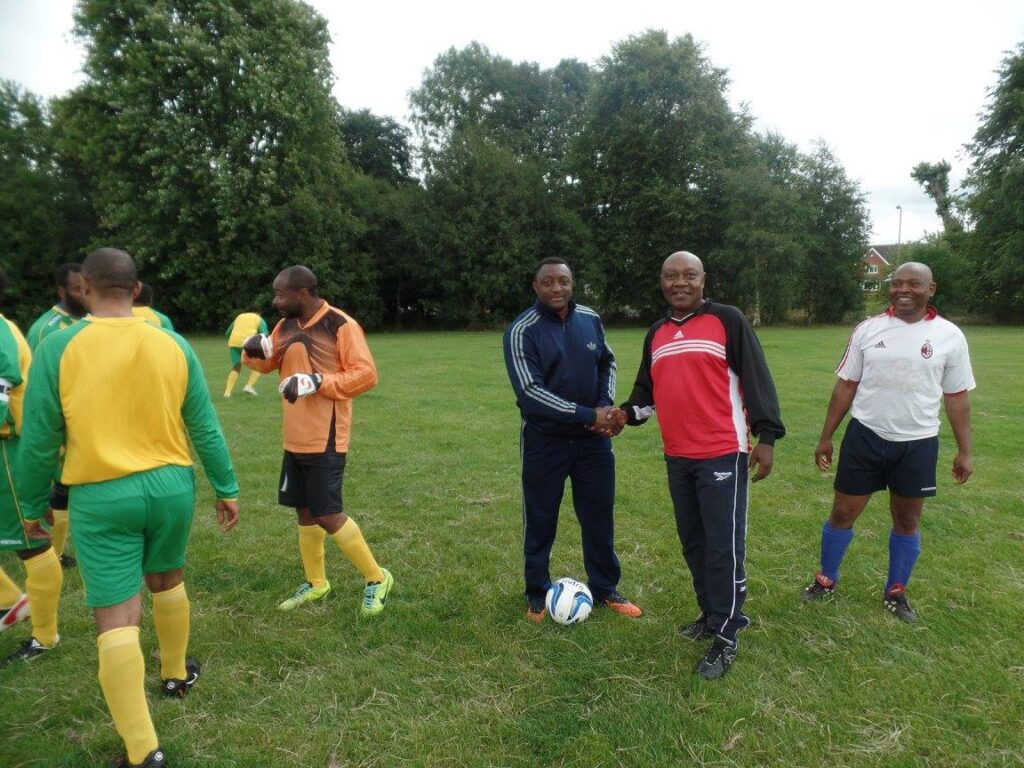
Menoua is a division in the West Region of Cameroon, with its administrative capital in Dschang. It is situated in the highlands, offering a temperate climate and scenic landscapes.
The region is predominantly inhabited by the Bamileke people, specifically the Yemba-speaking subgroup. Other ethnic groups, such as the Fulani (Mbororo), also reside in the area.
The primary local language is Yemba, a Bamileke dialect. French is the official language used in education and administration, and English is also spoken in academic and urban settings.
Menoua is organized into chiefdoms, each led by a Fon (traditional ruler). The Fon is a spiritual and cultural leader, supported by councils and secret societies that uphold customs and resolve disputes.
The most prominent festival is the Ngouon Festival, held biennially in Dschang. It features traditional dances, royal ceremonies, music, and community gatherings that celebrate Bamileke heritage.
Menoua culture emphasizes:
Art is central to Menoua identity. The region is known for:
Menoua has an agrarian economy, with key activities including:
Menoua offers:
The University of Dschang is a major academic institution offering programs in agriculture, environmental science, economics, and humanities. There are also vocational centers and secondary schools.
Local cuisine includes:
Tradition is preserved through:
© 2025 All right reserved to Menoua Family UK